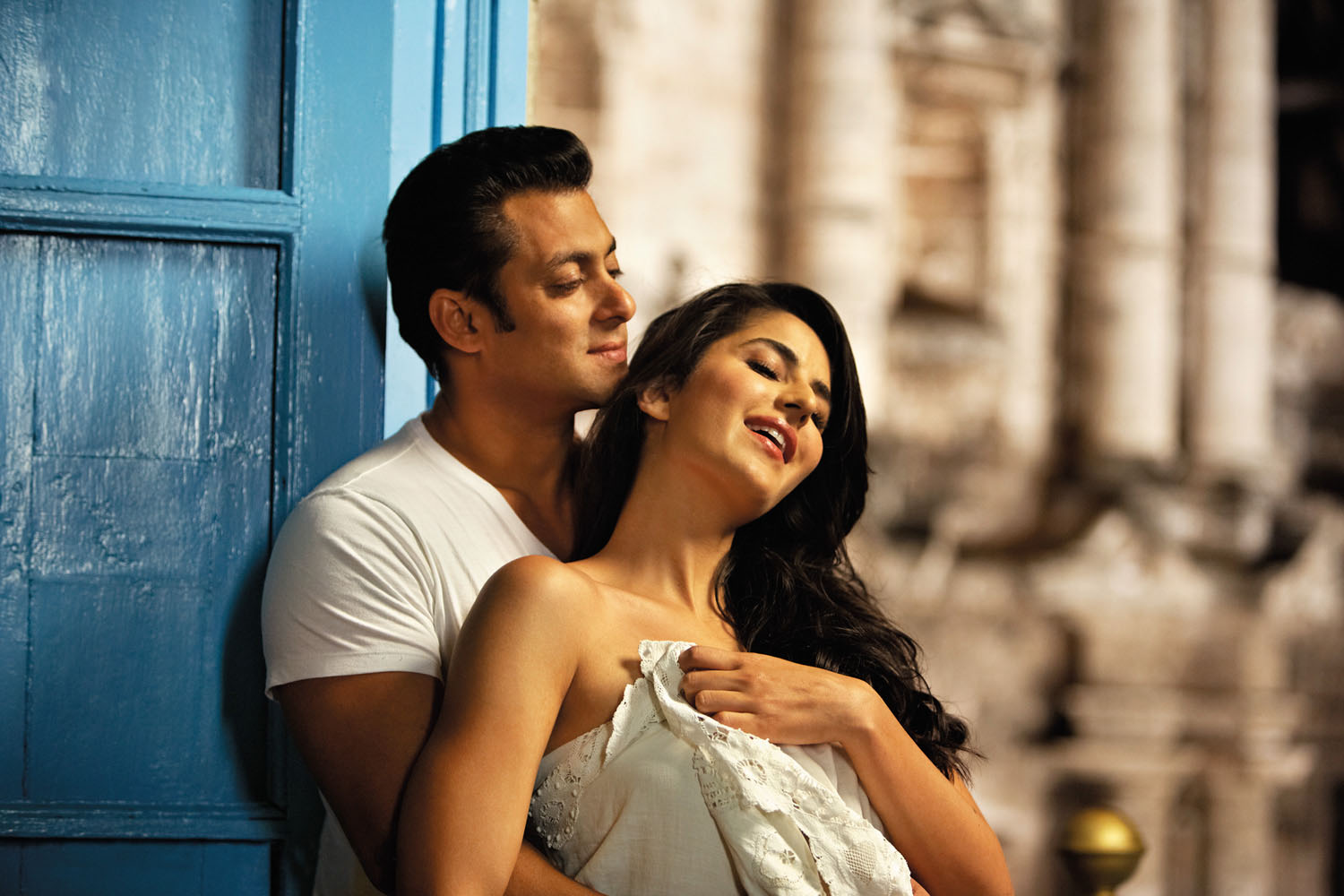In the 1990s, one of the most popular foreign movie stars in Japan was an Indian actor named Rajinikanth, who appeared in films made for India's Tamil-speaking southern region. These movies were pure "masala" cinema, an exuberant mix of action, comedy, romance, melodrama and music that made no concession to anything but the will to entertain. The purity of their purpose, encapsulated in the hyperbolic acting style of the "Superstar" and production numbers featuring dozens of dancers, multiple locations, and gratuitous costume changes, delighted Japanese audiences, who normally responded by dancing in the aisles.
"In Japan, Rajinikanth's 1995 film 'Muthu, Dancing Maharajah' was a big phenomenon," says Kyoko Dan, a Kobe-based movie publicist who works with Asian producers. "So when Japanese people hear about Indian films many think of 'Muthu.' "
Technically, Rajinikanth doesn't qualify as Bollywood, the popular term that combines "Bombay" (now referred to as Mumbai) and "Hollywood" to represent Indian cinema in the world but which describes Hindi-language productions. Rajinikanth's core fans reject the Bollywood label because, according to Dan, they think Bollywood films are insufficiently "manly."



